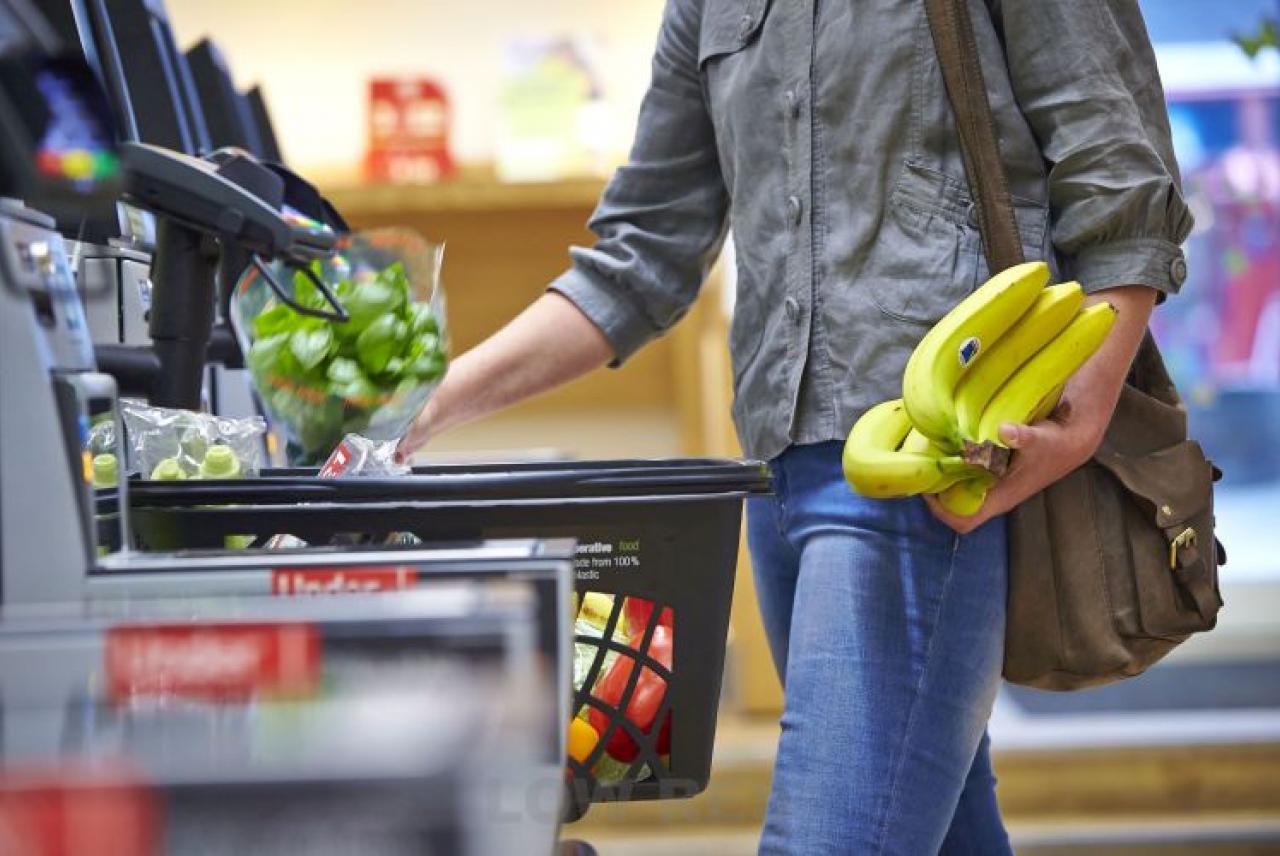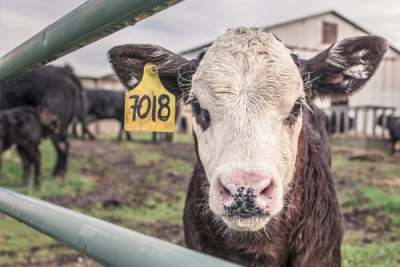The way we spend our money can help to change the world.
Every time we shop we're voting with our wallet. When we buy from brands that have a positive impact it’s like voting for a better world.
By carefully choosing what we buy, and looking behind the brands, we can choose products that have a positive impact on people, the planet and animals.
For example by buying products that don’t contain palm oil you’re casting a vote to save orangutans and the Indonesian rainforest in which they live.
When you are part of a movement of people making similar positive choices we can start to have a big impact on the world around us.












